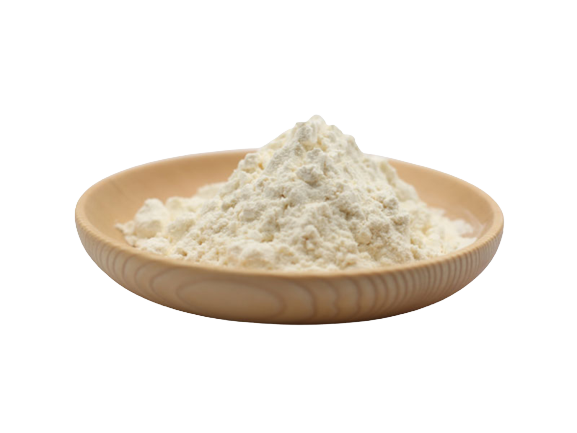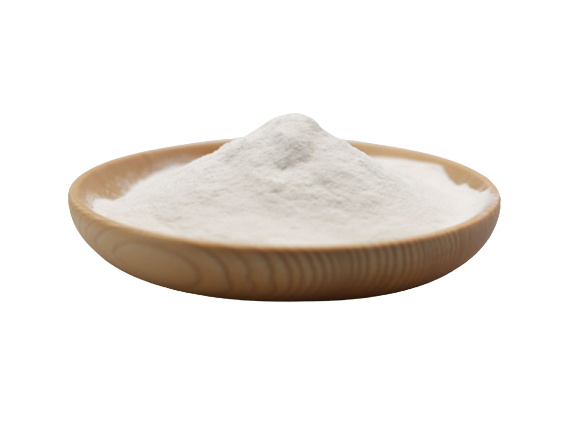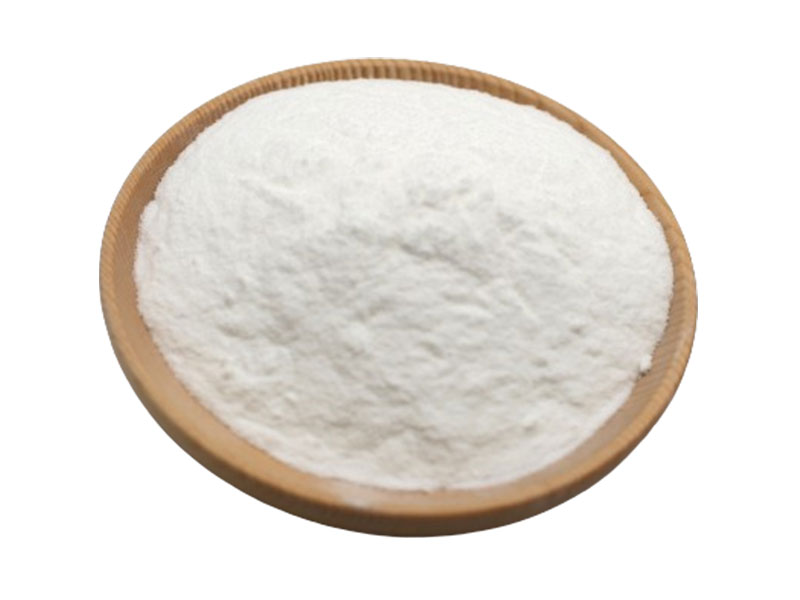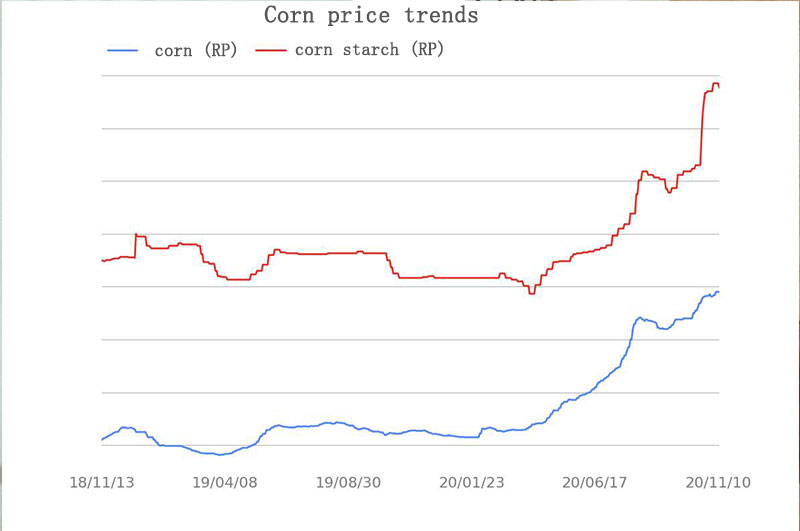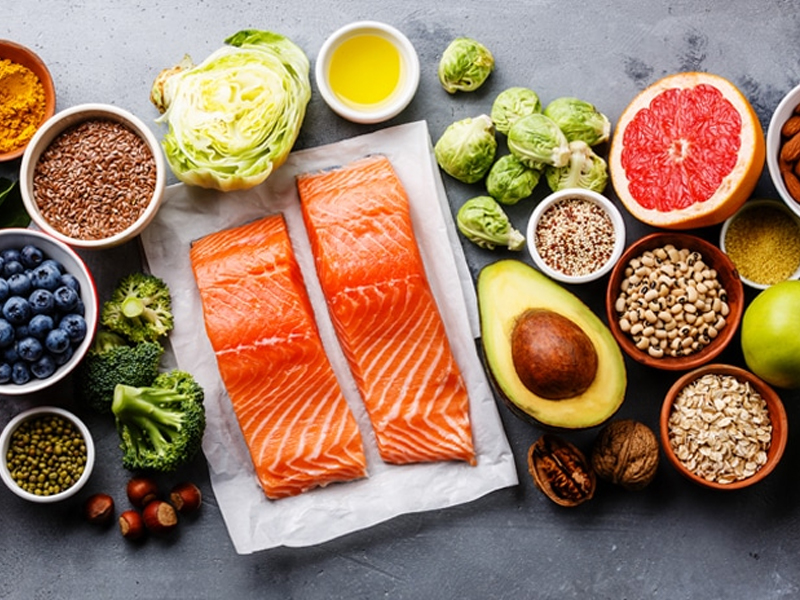Let’s clear up the confusion: Stevia and aspartame are both zero-calorie sweeteners, but that’s where the similarities end. I learned this the hard way after swapping aspartame-laced diet soda for stevia-sweetened lemonade—only to realize my migraines vanished and my gut stopped staging rebellions. If you’ve ever wondered whether these sweeteners are interchangeable (or why organic stevia extract powder is flooding health stores), here’s the no-BS breakdown.
Stevia vs. Aspartame: A DNA Test
Organic Stevia Extract Powder:
- Source: Leaves of the Stevia rebaudiana plant (native to South America).
- Sweetness: 200-300x sweeter than sugar, with a licorice-like aftertaste.
- Processing: Leaves are dried, steeped in water, and purified. Organic versions skip synthetic solvents.
Aspartame:
- Source: Lab-made from two amino acids (phenylalanine and aspartic acid).
- Sweetness: 200x sweeter than sugar, with a metallic aftertaste.
- Processing: Synthesized in factories using genetically modified bacteria.
Key Difference: Stevia grows in soil. Aspartame grows in petri dishes.
Metabolism Showdown: What Happens in Your Body?
- Stevia:
- Not metabolized. Passes through your gut undigested.
- Zero impact on blood sugar or insulin (my CGM proved it).
- May improve insulin sensitivity, per a 2020 study in Nutrients.
- Aspartame:
- Broken into phenylalanine, aspartic acid, and methanol.
- Methanol converts to formaldehyde (yes, the embalming fluid) in small amounts.
- Can trigger insulin spikes in some people, despite being calorie-free.
My Aha Moment: After ditching aspartame, my fasting glucose dropped from 95 mg/dL to 88 mg/dL in 2 weeks.
Health Risks: Why Stevia Wins (Mostly)
| Factor | Organic Stevia | Aspartame |
|---|---|---|
| Cancer Links | None (approved globally) | Controversial rodent studies* |
| Gut Health | Prebiotic (feeds good bacteria) | May harm gut microbiota |
| Migraines | Rare | Common trigger |
| Phenylketonuria (PKU) | Safe | Toxic for PKU sufferers |
| Heat Stability | Stable up to 392°F (200°C) | Breaks down in heat (avoid baking) |
*The FDA insists aspartame is safe, but the WHO classified it as “possibly carcinogenic” in 2023.
The “Organic” Edge: Why It Matters for Stevia
Non-organic stevia is often grown with synthetic pesticides like glyphosate. Organic stevia extract powder guarantees:
- No chemical residues (stevia leaves absorb toxins like sponges).
- No fillers like maltodextrin or dextrose (common in cheap stevia blends).
- Full spectrum of steviol glycosides (better flavor than isolated Reb A).
Watch Out: “Natural” stevia products often contain erythritol. Pure organic stevia extract powder is bitter—mix with monk fruit or allulose for balance.
Who Should Avoid Each?
Choose Stevia If:
- You’re diabetic, keto, or managing weight.
- You have migraines or aspartame sensitivity.
- You prioritize whole-food ingredients.
Choose Aspartame If:
- You’re okay with synthetic additives.
- You need a budget sweetener for cold drinks.
- You don’t have PKU or migraine issues.
How to Use Stevia Without the Bitter Aftertaste
- Baking Hack: Combine 1 tsp stevia + 1 tbsp coconut sugar for caramel-like sweetness.
- Smoothies: Blend with frozen mango or pineapple to mask licorice notes.
- DIY Liquid Stevia: Steep leaves in vodka for 24 hrs, strain, and mix into tea.
Pro Tip: Add a pinch of salt or cinnamon to neutralize bitterness.
The Verdict
Organic stevia extract powder and aspartame are as similar as a farm-fresh tomato and ketchup. Stevia is a natural, gut-friendly sweetener with antioxidant perks; aspartame is a lab-made wild card with lingering safety debates.
For long-term health, stevia wins—but respect its quirks. And if you’re team aspartame? At least skip the diet soda and opt for cold brews.
Try This: Swap aspartame gum for stevia-sweetened mints. Your taste buds (and head) will thank you.
Stevia: Sweetness without the synthetic baggage.
Related Products
Organic Monk Fruit Extract Powder
Zero-Calorie Natural Sweetener for Clean-Label Food, Beverage & Supplement Applications
Organic Stevia Extract
Clean-Label, Zero-Calorie Sweetener for Sugar-Free & Health-Conscious Formulations
Organic Maltodextrin Powder
Versatile Clean-Label Carbohydrate for Food, Beverage & Nutraceutical Applications
